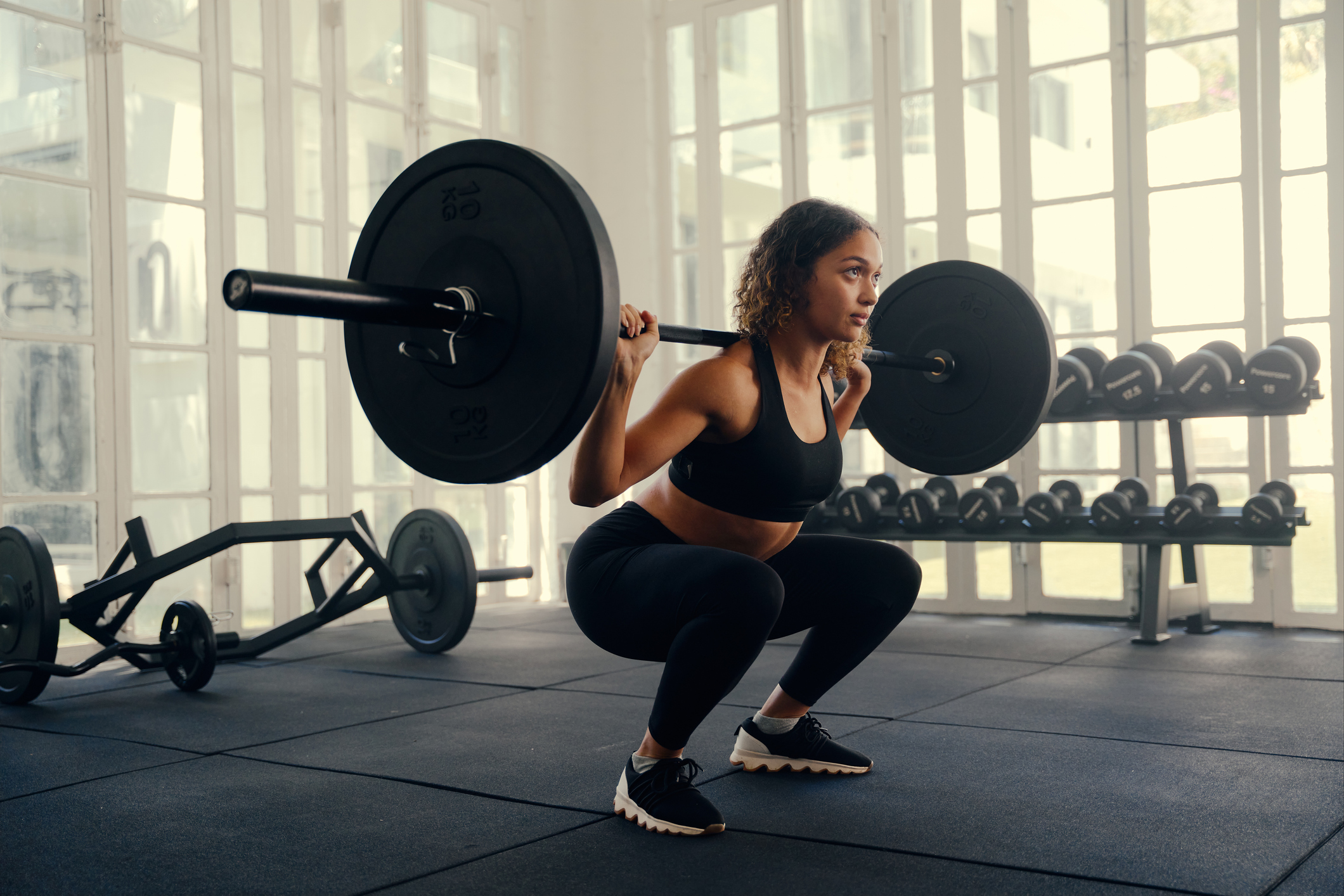Pre-workout supplements promise more energy and improved performance during physical activities: Are they really necessary?

In the world of fitness, where performance is everything and fatigue is the main enemy, pre-workout supplements have earned a privileged place in gyms, on influencer accounts, and on the shelves of sports stores. Today, they've become a sort of modern ritual for those looking to improve their workouts, or even a lifeline when the day has been long and motivation is lacking.
But with so many options and opinions, it's normal to wonder: do they really work or are they just a fruit-flavored placebo effect?
What is a pre-workout? 
Pre-workouts are products that are consumed before exercising. Photo: iStock
The term pre-workout refers to what is consumed before physical exercise, with the goal of improving performance, energy, or endurance during the activity. As Cleveland Clinic nutritionist Kayla Kopp explained to El Comercio , many people typically associate this concept exclusively with powdered or tablet supplements; however, it is not limited to commercial products, as it can also include natural foods that provide sustained energy, such as a balanced meal with complex carbohydrates and protein.
While these supplements can be helpful, their effectiveness depends greatly on the context. According to Ana Cecilia Veliz Barandiarán, a nutritionist at the Anglo-American Clinic, various studies have shown that these products tend to be more effective in people who train intensely or frequently, such as those who perform high-intensity or long-duration exercises. In these cases, they can provide temporary improvements in concentration, energy, or performance, especially if there is accumulated fatigue or insufficient food intake before training.
Among commercial pre-workout supplements, it's common to find a combination of ingredients with different effects. According to Aldo Gómez, a professor of nutrition and dietetics at the Universidad Científica del Sur, caffeine is the main ingredient, as it stimulates the central nervous system and improves alertness. Another common component is creatine , whose effect is cumulative and helps maintain energy during high-intensity efforts. Beta-alanine, meanwhile, may delay the onset of fatigue.
Differences in use Nutritional needs before training definitely vary depending on the type of physical activity. For strength training, such as weight training or machine training, pre-workout supplements are often the most commonly used.

Training should be tailored to individual characteristics. Photo: iStock
Dr. Gino Felandro, an internist at the Ricardo Palma Clinic, noted that these products promote muscle growth and provide endurance to sustain high-demand exercises, which is why they are primarily geared toward this type of activity. In this context, compounds such as creatine and caffeine are also often prioritized, as explained by Sergio Pérez, physical trainer and head of the technical department at Smart Fit Peru.
In the case of HIIT (high-intensity interval training) workouts, which aim to achieve explosiveness and endurance in short bursts, supplements can also be helpful. Ana Cecilia Veliz mentioned that substances such as beta-alanine, creatine, and caffeine can help improve performance.
On the other hand, for prolonged cardiovascular activities, the use of pre-workout stimulants is not recommended. "In these cases, the goal is to maintain the metabolism's natural functioning, prioritizing hydration, as excessive stimulants can be counterproductive. Therefore, it is advisable to focus on slow-absorbing carbohydrates and electrolytes. It is also important to ensure a good glycogen reserve through foods such as fruits, oats, or whole-wheat pasta," emphasized Dr. Felandro.
Risks According to Kopp, pre-workout supplements may contain ingredients that, in some people, can cause side effects such as nervousness, rapid heart rate, insomnia, digestive problems, increased blood pressure, headaches, dehydration, or even interact with medications such as antidepressants or anti-anxiety medications.
“The long-term impact of prolonged use of these supplements on metabolic and cardiovascular health is not yet fully understood. However, there are potential concerns, such as the risk of developing or worsening cardiovascular problems in susceptible individuals, alterations in glucose or lipid metabolism, and possible kidney or liver overload,” warned Aldo Gómez.
Do they replace a meal? A pre-workout supplement shouldn't replace a meal. According to Gómez, its purpose is to complement a solid nutritional foundation, not replace it. A proper pre-workout meal
–rich in carbohydrates to provide energy and with a moderate amount of protein– remains essential to optimize physical performance and subsequent recovery.
It's also key to consider hydration before exercise. Staying well hydrated helps maintain cardiovascular function, temperature regulation, and muscle strength.

Staying well hydrated is key when exercising. Photo: iStock
The most effective pre-workout foods are those that combine rapidly available energy, good digestive tolerance, and, in some cases, natural stimulating effects.
According to Dr. Luis del Águila, assistant manager of health management at Pacífico Salud, coffee—preferably freshly ground—is a widely used option for its stimulating power, backed by science. He also highlighted beetroot juice, rich in vasodilatory nitrates, which improve muscle function and reduce fatigue, and are especially useful in endurance sports such as running.
Beyond pre-workout, to improve performance naturally and safely, the ideal is to optimize daily nutrition, maintain good hydration, sleep at least 7-8 hours and avoid overtraining.
Other popular foods among athletes due to their easy digestion and energy content include bananas, oats, bread, other fruits, and even chocolate milk, which can be helpful for replenishing energy during long or intense sessions.
“Beyond pre-workout, to improve performance naturally and safely, the ideal is to optimize your daily diet, maintain good hydration, sleep at least 7-8 hours, and avoid overtraining. Consulting a nutritionist can be key to achieving a balanced diet aligned with your training plan,” concluded Aldo Gómez.
This text was edited for space reasons
eltiempo





